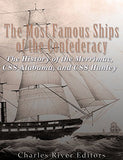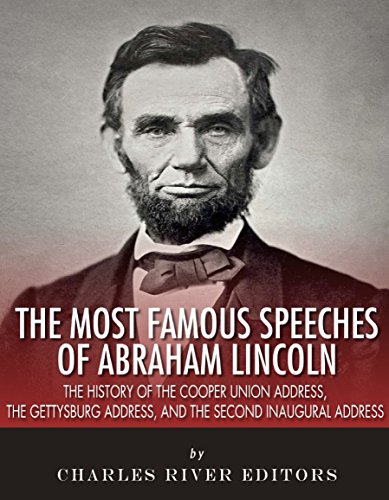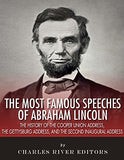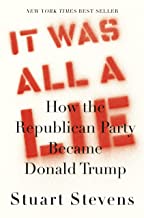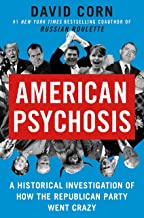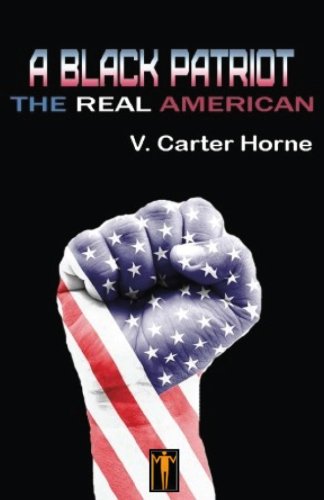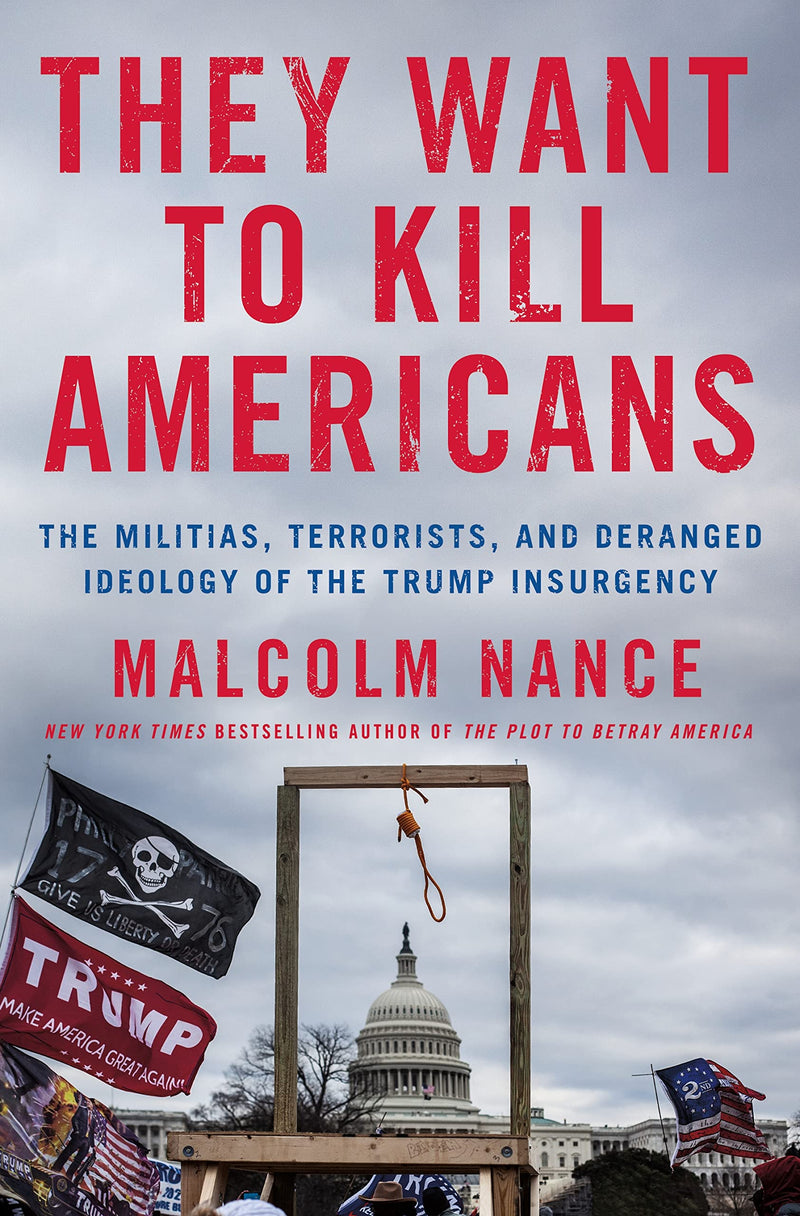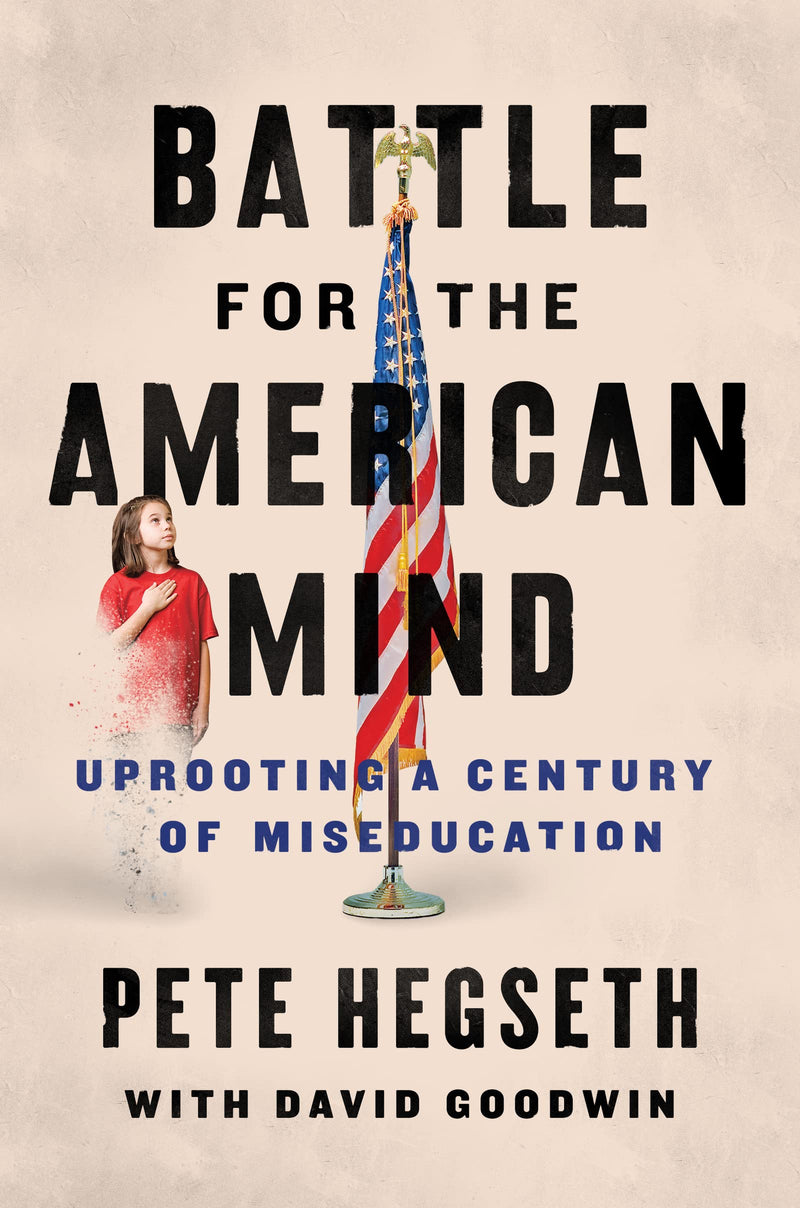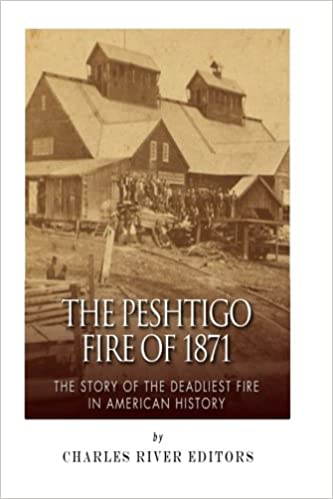The Most Famous Speeches of Abraham Lincoln: The History of the Cooper Union Address, the Gettysburg Address, and the Second Inaugural Address
ISBN: 9781511420051
*Includes pictures
*Includes excerpts from the speeches
*Includes reactions to the speeches from newspaper reports and audience members
*Includes online resources and bibliographies for further reading
*Includes a table of contents
Abraham Lincoln was still not considered a real option for the Republican nomination until he delivered a speech at New York City’s Cooper Union in February 1860, just a few months before the Republicans’ convention in May. Lincoln had gained a bit of a national profile by debating Stephen Douglas during an Illinois Senate Race in 1858, and though he lost that election, Lincoln continued discussing the same themes, most notably slavery and Dred Scott in his Cooper Union speech. In the hard-hitting speech, Lincoln both deflected Southern criticisms and attacked them, chiding would-be secessionists, “Your purpose, then, plainly stated, is that you will destroy the Government, unless you be allowed to construe and enforce the Constitution as you please, on all points in dispute between you and us. You will rule or ruin in all events.”
Although just 7,000 words long, the Cooper Union Address was almost universally praised in the North, and biographer Harold Holzer credited it for leading Lincoln to the presidency: “Had Abraham Lincoln failed at his do-or-die debut in New York, he would never have won his party’s presidential nomination three months later, not to mention election to the White House that November. Such was the impact of a triumph in the nation’s media capital. Had he stumbled, none of the challenges that roiled his presidency would ever have tested his iron will… He had arrived at Cooper Union a politician with more defeats than victories, but he departed politically reborn.”
*Includes excerpts from the speeches
*Includes reactions to the speeches from newspaper reports and audience members
*Includes online resources and bibliographies for further reading
*Includes a table of contents
Abraham Lincoln was still not considered a real option for the Republican nomination until he delivered a speech at New York City’s Cooper Union in February 1860, just a few months before the Republicans’ convention in May. Lincoln had gained a bit of a national profile by debating Stephen Douglas during an Illinois Senate Race in 1858, and though he lost that election, Lincoln continued discussing the same themes, most notably slavery and Dred Scott in his Cooper Union speech. In the hard-hitting speech, Lincoln both deflected Southern criticisms and attacked them, chiding would-be secessionists, “Your purpose, then, plainly stated, is that you will destroy the Government, unless you be allowed to construe and enforce the Constitution as you please, on all points in dispute between you and us. You will rule or ruin in all events.”
Although just 7,000 words long, the Cooper Union Address was almost universally praised in the North, and biographer Harold Holzer credited it for leading Lincoln to the presidency: “Had Abraham Lincoln failed at his do-or-die debut in New York, he would never have won his party’s presidential nomination three months later, not to mention election to the White House that November. Such was the impact of a triumph in the nation’s media capital. Had he stumbled, none of the challenges that roiled his presidency would ever have tested his iron will… He had arrived at Cooper Union a politician with more defeats than victories, but he departed politically reborn.”





